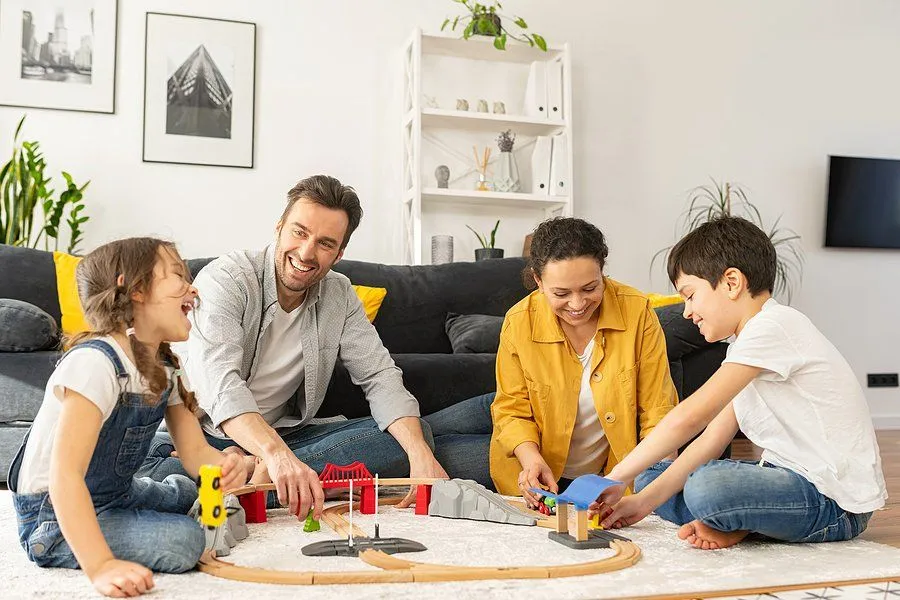Boise and Nampa’s family attorney helps with custody proceedings
Boise and Nampa’s family attorney insists that parents take the time to understand child custody types and the considerations in court. There are two types of custody in Idaho, that is, physical and legal custody. Parents can also share physical and legal custody, which is called joint custody. Similarly, one parent can be granted sole legal and/or physical custody. The bottom line is the custody awarded is based on your child’s best interests.
Legal custody
It refers to a parent’s right to make significant decisions for the child. This typically includes deciding where a child will attend school, the kind of medical care they receive, and whether they should be raised in a religious faith.
Physical custody
It is basically where the child lives. A parent with physical custody spends considerable time with the child. Remember that even with joint custody agreements, parents may not have equal time with their children. For instance, one parent can have four overnights a week, and the other three.
It’s often in the child’s best interests for their parents to share legal custody. Still, a judge can award one parent sole decision-making power over a child.
The judge’s considerations for full custody in Idaho
A parent can be granted full custody if it is deemed the best situation for the child. Custody decisions can be straightforward when parents agree on how to divide and share in the care and support of their children. A judge steps in when parents can’t reach an agreement.
A judge will consider the following factors to determine the child’s best interests:
· The child’s preference
· Parents’ wishes for custody
· Parents’ mental and physical health (this includes parental fitness)
· The child’s relationship with each parent and sibling
· The child’s adjustment to the community and school
· Parents’ ability to meet the emotional, physical, and basic daily needs of the child
· Parents’ history of domestic violence, if any (An abusive parent isn’t prohibited from receiving custody, but they will face additional challenges to win full custody).
· A child’s need for stability
· Any other factor that the court may find relevant affecting the health and safety of the child.
Can a child be allowed to choose custody?
While children can express their preference in an Idaho custody case, that won’t necessarily alter the outcome. Besides, the child’s parental preference is assessed in each custody case. But once the child is of sufficient age and maturity, their custodial wishes can be given serious consideration.
Will children have to testify in open court?
Idaho protects children from custody proceedings and their parents’ disputes unless necessary. Children rarely have to testify about their custodial preferences in open court. Typically, a trained child professional or custody evaluator will interview a child outside their parents’ presence when needed to make the custody decision. A judge or professional will look out for signs that a parent is manipulating a child during a custodial preference expression.
Choose Boise and Nampa’s family attorney
Learn more about a child’s preferences and their impact on cases by speaking to a child custody attorney. They should be Boise and Nampa’s family attorney, who will dedicate ample time and resources to helping you win the case.
Jacobson & Jacobson Law Firm, since 1982, is committed to serving the Boise and Nampa, Idaho areas for your top Criminal Defense, Personal Injury, Business Law, Estate Planning, Family Law, Immigration Law, and Litigation needs. Contact us today to get started.


